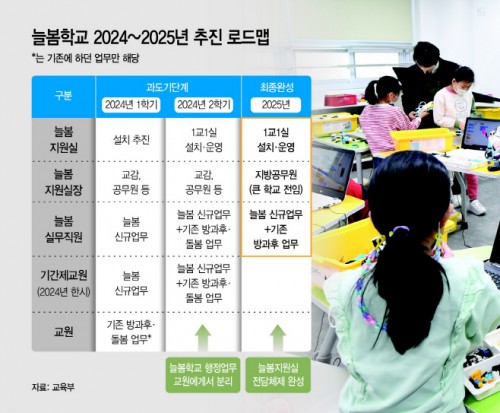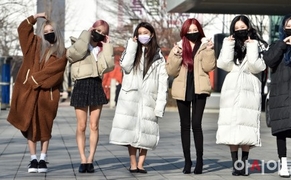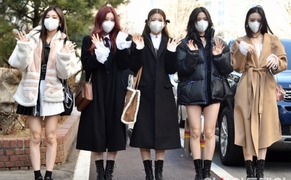 |
By AsiaToday reporters Park Ji-sook & Park Ji-eun
The government will expand an after-school care service for first graders at elementary schools, allowing them to receive care services and use after-school programs from 7 a.m. to 8 p.m. if they want. It also plans to transfer the health ministry’s responsibilities for early childhood care policy to the education ministry to provide an integrated service for early childhood education and care. In addition, the government will push for “university innovation” and “classroom revolution” with the aim of addressing social challenges, such as the country’s low birthrates, through education reform.
After being briefed by Deputy Prime Minister and Education Minister Lee Ju-ho on the “The Major Policy Promotion Plan of the Ministry of Education in 2024,” President Yoon Suk-yeol said, “Education should be a system that firmly supports a free society,” adding, “We must make these two policies a success in our bid to reduce private education expenditure and cope with low childbirths.”
Later, Deputy Prime Minister Lee announced the plan at the Government Complex in Seoul, saying, “We will steadily promote reform tasks along with the educational field so that the people can begin to trust in public education this year and reduce their burden of private education, leading to successful education reform.”
Under the program, the government aims to launch the extended program at about 2,000 elementary schools in the first semester this year and expand it to all elementary schools across the nation by the second semester. To unify the responsibilities for care and education services for children under age 5 that are divided among government ministries, the government plans to complete the process of making the education ministry the control tower of early childhood education and care by June.
In line with the introduction of digital textbooks in 2025, the government will support teacher training and improvement of students’ digital literacy skills, and in particular, strengthen teachers’ authority and systematic response to school violence. Furthermore, the government plans to develop social emotional education programs for each school level this year, and apply them on-site next year for the mental health of students.
University innovation plans will also become more concrete. The government has recently initiated a national masterplan aimed at restructuring the higher education system. The plan, aptly named RISE (Regional Innovation System and Education), is a national strategic initiative designed to decentralize the higher education system. To officially launch the plan in 2025, the government will establish a dedicated organization in cities and provinces by the first half of this year, and select 10 more ‘Glocal Universities’ in the second half of this year for additional support.
#low birthrate #education policies #after-school program #integration #early childhood
Copyright by Asiatoday
Most Read
-
1
-
2
-
3
-
4
-
5
-
6
-
7





















